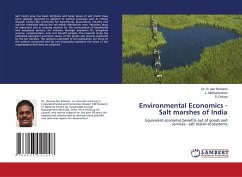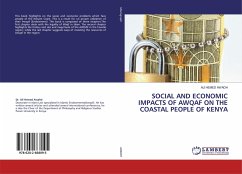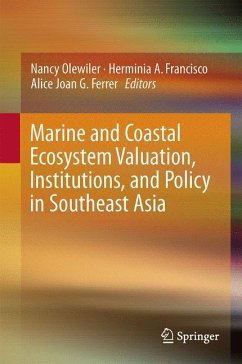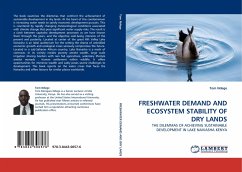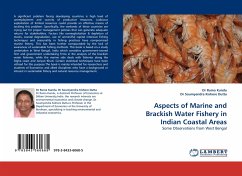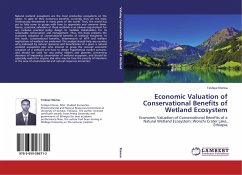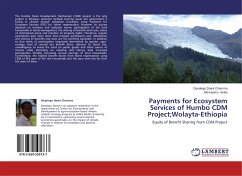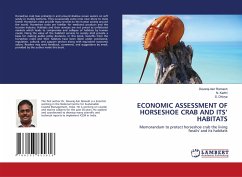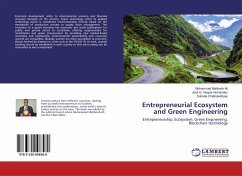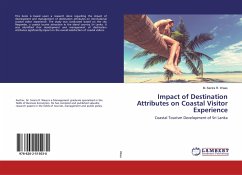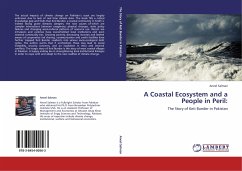
A Coastal Ecosystem and a People in Peril:
The Story of Keti Bunder in Pakistan
Versandkostenfrei!
Versandfertig in 6-10 Tagen
52,99 €
inkl. MwSt.

PAYBACK Punkte
26 °P sammeln!
The actual impacts of climate change on Pakistan s coast are largely unknown due to lack of real time climate data. The book fills a critical knowledge gap and finds that Keti Bunder, a coastal community in Sindh is indeed facing grave climactic dangers, the root causes of which are complex interactions between exogenous physical changes, state policy failures and changing socio-cultural patterns of resource use. Recent sea intrusions and cyclones have overwhelmed local institutions and even strained community ties. Growing poverty, decreasing incomes and limited means of cooperative risk shar...
The actual impacts of climate change on Pakistan s coast are largely unknown due to lack of real time climate data. The book fills a critical knowledge gap and finds that Keti Bunder, a coastal community in Sindh is indeed facing grave climactic dangers, the root causes of which are complex interactions between exogenous physical changes, state policy failures and changing socio-cultural patterns of resource use. Recent sea intrusions and cyclones have overwhelmed local institutions and even strained community ties. Growing poverty, decreasing incomes and limited means of cooperative risk sharing, communication and credit facilities have further trapped Keti Bunder residents into vicious socio-ecological debt cycles. The author warns that if unchecked, these may lead to social instability, security concerns, and an escalation in intra and internal conflicts. The tragic story of Keti Bunder is the story of most coastal villages in Pakistan. A happy ending lies in strengthening local institutional linkages in order to cope with and adapt to the new realities of climate change.



